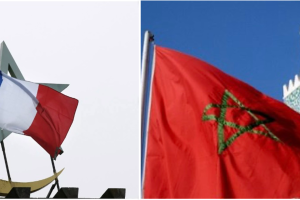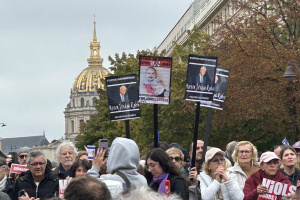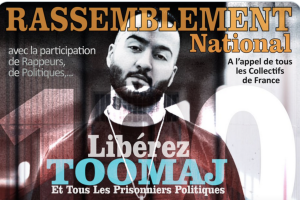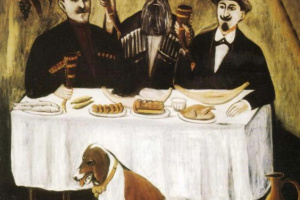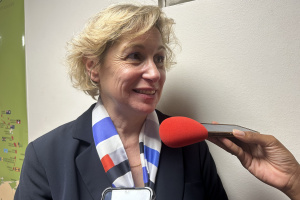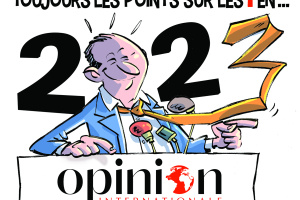Social media, morning talk shows on Ugandan TV and radio stations have for the past week carried series of reports, videos and dialogue on the most recent “beat up” of a journalist by a Ugandan police official during a chase between the police and a group of demonstrating youth who were expressing their discomfort in the high youth unemployment rate in Uganda.
The youth, who were in a group of about 20 were demonstrating in Mengo, a suburb of Kampala chanting songs of frustration and the slogan, “We want jobs,” under close watch of the media before their match was intercepted by police at Old Kampala.
This is where one Mr Andrew Lwanga, a journalist with WBS Television was beaten by Mr Joram Mwesigye, the Division Police Commander, with an electric cable according to the video recordings of the scuffle.
The event reminded Ugandan journalists of multiple such scenes including the one where police in Pader district beat up a journalist Frank Ezaruk from the Uganda Radio Network, deleted his photos and charged him with trespassing while trying to cover a land wrangle story in the area back in 2012 and many are now looking for answers.
But while the journalists in Uganda work to maintain relevance, they are also in the midst of a blame game between the ruling party officials and the opposition political parties. For the past three years opposition leaders have accused the President of being behind the closure of “Kimeeza” a popular radio debate show where civilians used to debate national issues live on radio, which allegations the President denied early this month in an address to the media at State House.
“Kimeeza” comes from the word “meeza” a word for “table” in Luganda, the language of Baganda people of central Uganda and the show was more of roundtable discussions live on radio.
President Museveni last year blamed media houses back in 2013 for what he referred to as “over concentration” on riots and demonstrations by opposition party leaders such as Rt. Col. Dr. Kizza Besigye of the Forum for Democratic Change, FDC instead of government projects that the public should know more about.
The cabinet minister for Gender, Labour and Social Development, Hon. Mary Karooro Okurut while speaking in Bushenyi District, Western Uganda, had also warned the blamed media for writing and publishing limitless information on a “matter of national security” which involved a letter by the renegade General David Sejusa about a plan to groom the first son into the next President of Uganda.
The former chief of intelligence sources Gen. David Sejjusa who had gone into forced exile citing what he referred to as “dictatorial” rule by President Yoweri Museveni is not the only official who has received as much attention from the Ugandan media fraternity.
The much publicized fall-out of the incumbent President with his former Prime Minister Hon. Amama Mbabazi who he replaced by appointment of the then Minister for Health, Hon. Ruhakana Rugunda who hails from the same region of the country has kept readers, analysts and the general public in endless debate of what the scenario implies for the stability of the ruling party as Uganda heads into the 2016 General Elections.
Many are confused by the fact that despite all the media reports surrounding the story, Hon Amama Mbabazi has not publicly made mention of having intentions of running for President, the ambition that is perceived in the media to be the source of his “political troubles.”
All the events that followed including the ousting of Hon. Amama Mbabazi from the sit he had held for long as General Secretary of the Ruling National Resistance Movement party have covered months of front pages on all major publications in Uganda including The Monitor, The New Vision and The Red Pepper.
Do journalists provoke the police force? Could it be that journalists spearhead the birth of political wrangles and conflict in Uganda? Or could it be that the freedom of the press is “on hidden terms and conditions?”
The answers to such questions will be tough to find as journalists in Uganda now have a new hard question to find answers to and that is, “Why the police handles them brutally and often assaults them amidst intervention at politically-motivated stand-offs and riots.”
Even though Gen. Kale Kayihura, the Inspector General of the Police did not make it to the meeting that the police had scheduled with the journalists later in the week, they are still pushing endlessly for another meeting while their comrade who fell victim to the last mix of events remains in poor health condition according to recent media reports.





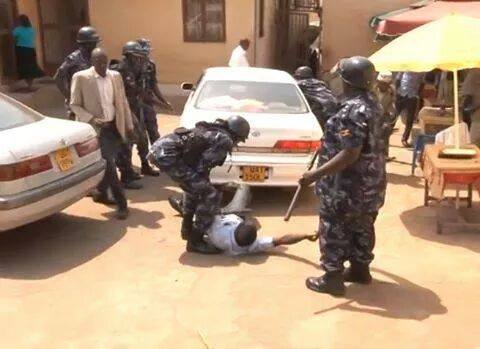



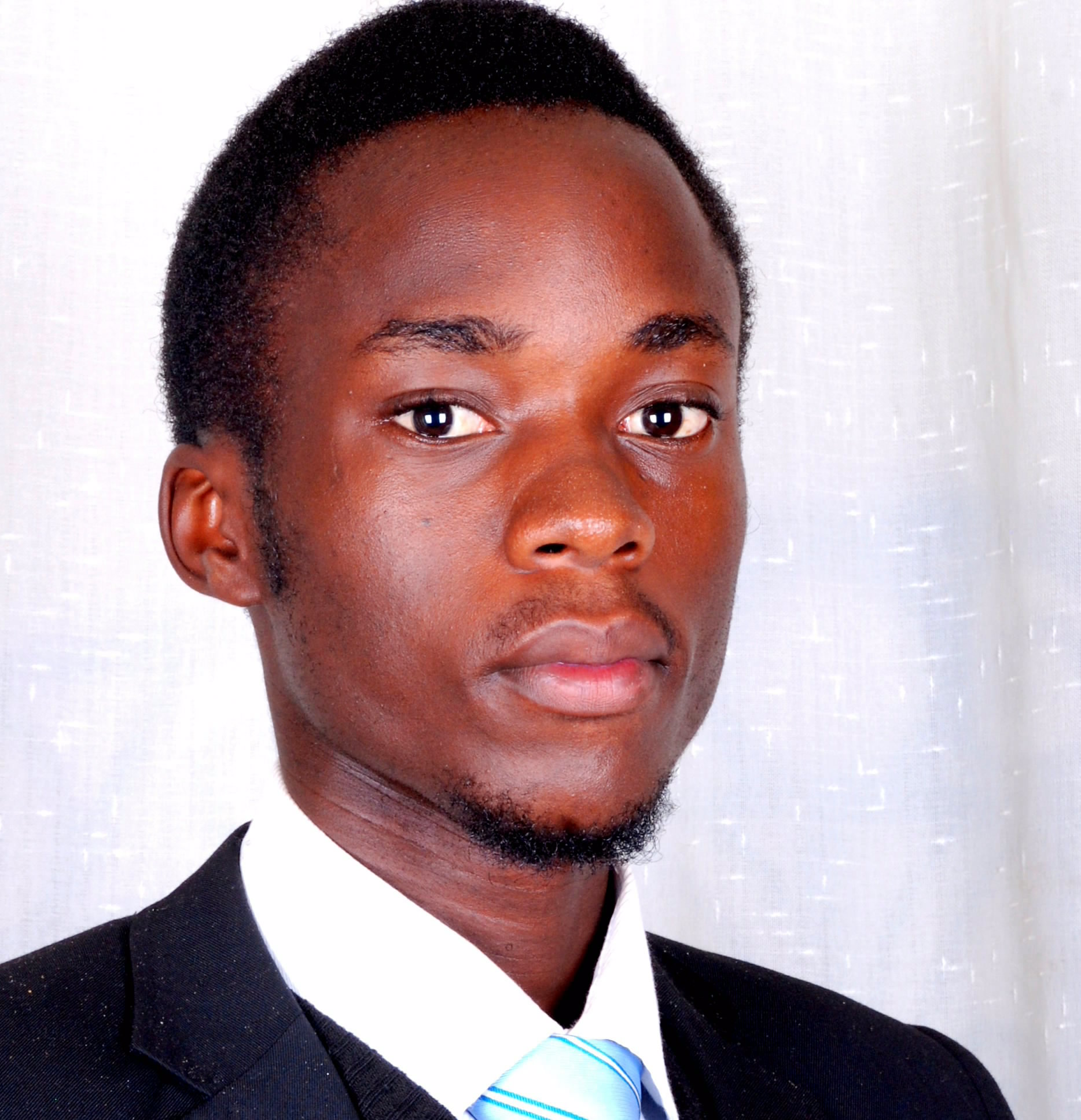


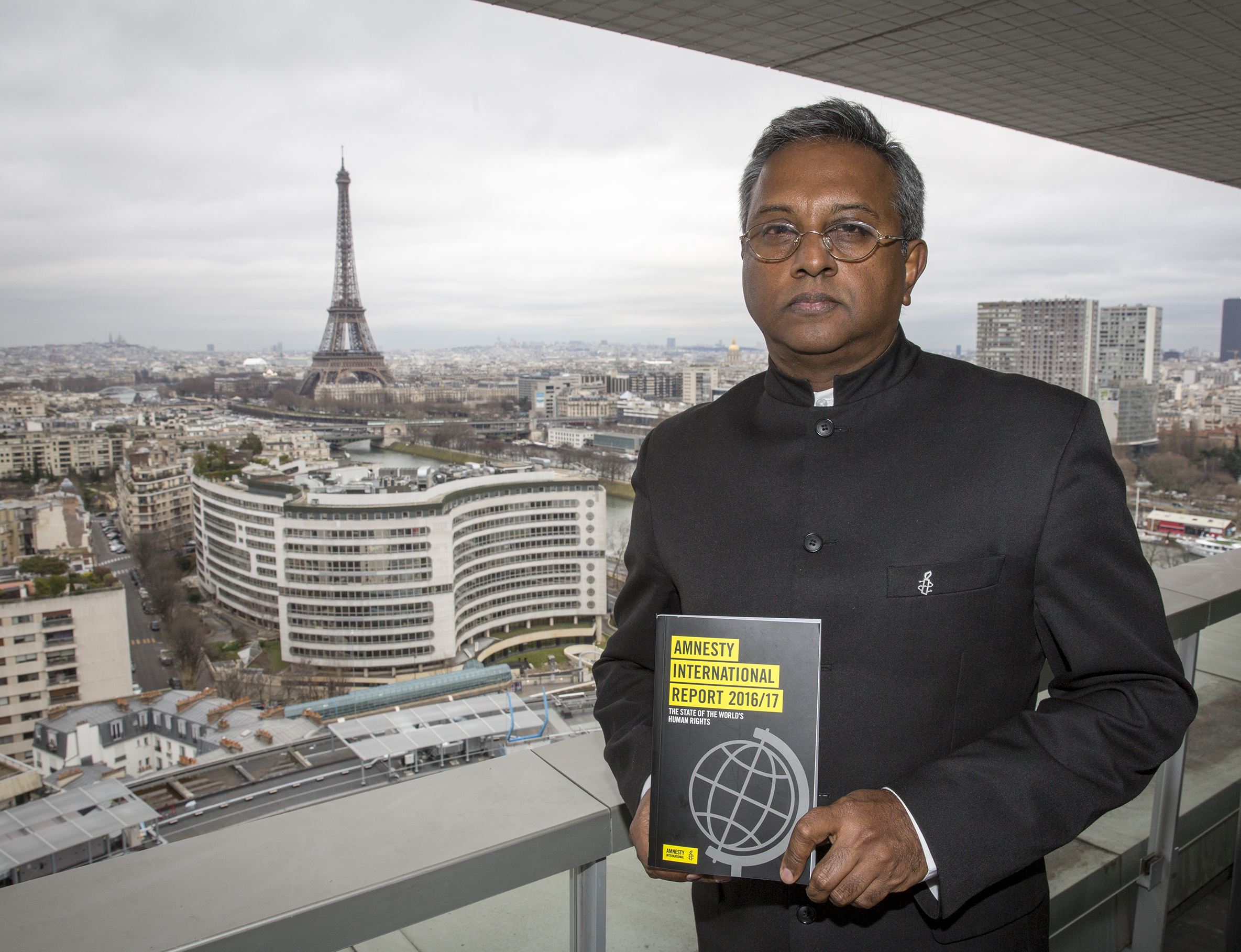


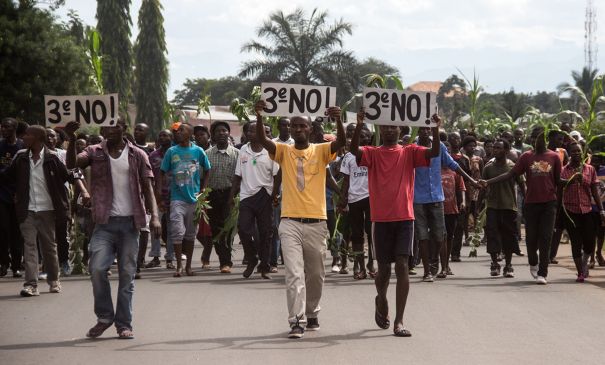
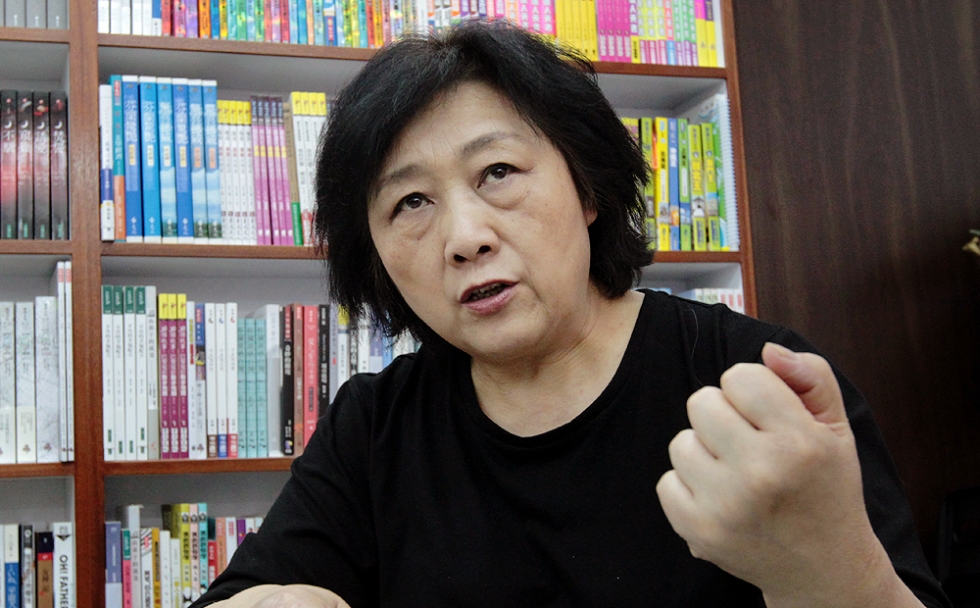
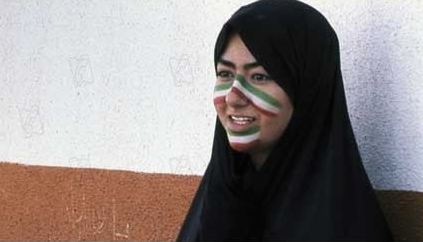
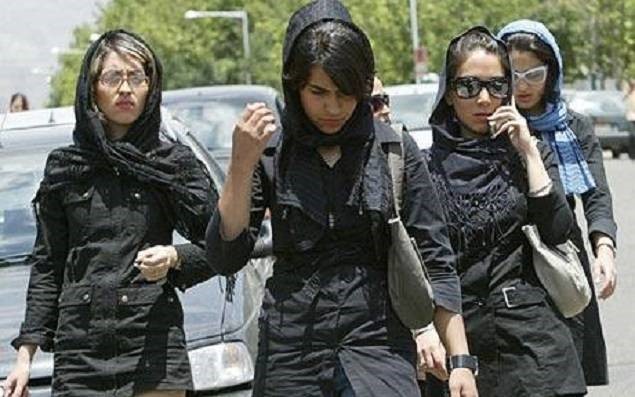


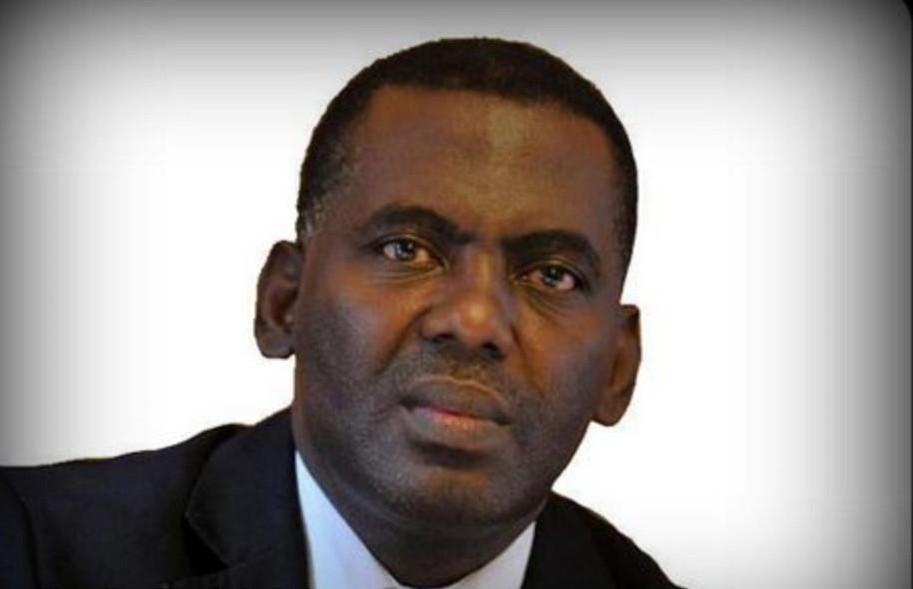

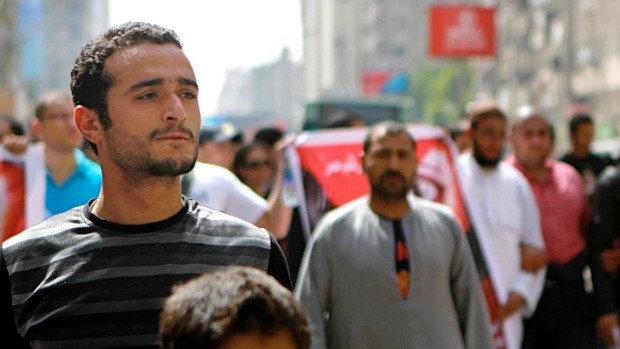
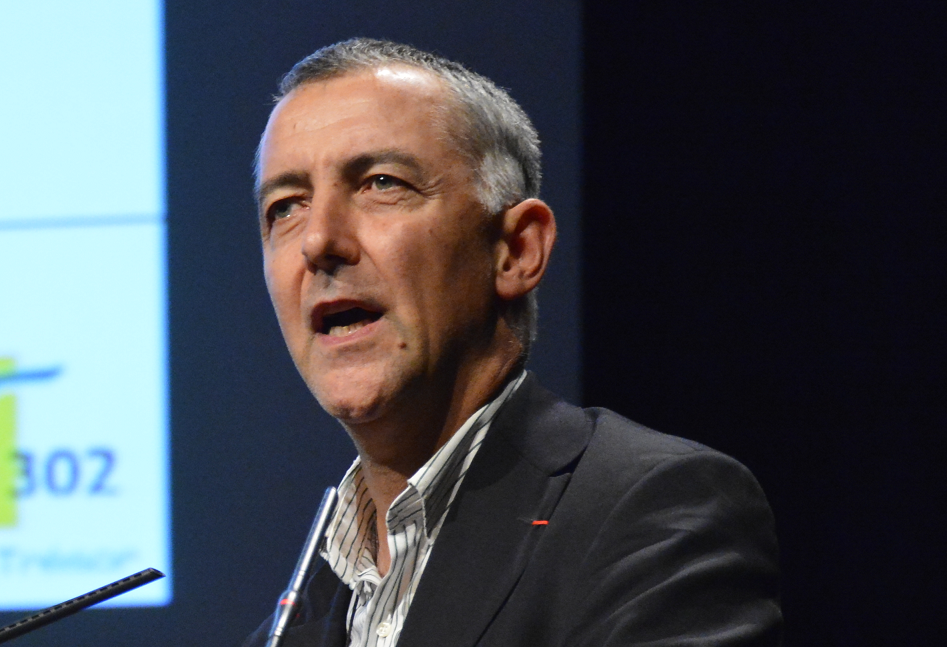



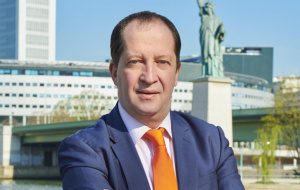
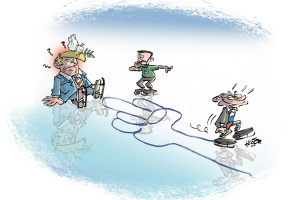
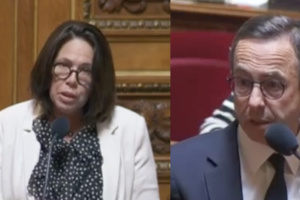
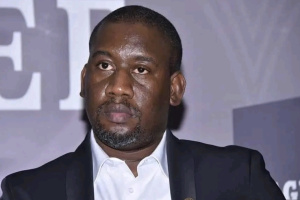
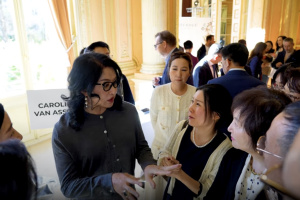
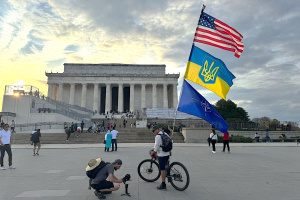
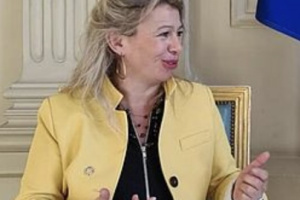
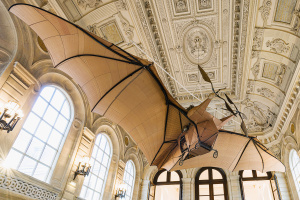
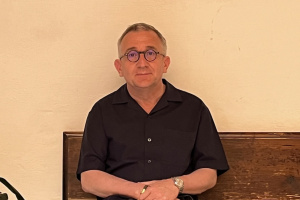
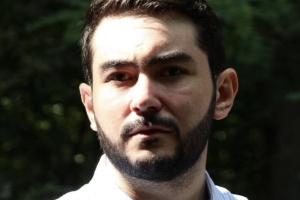
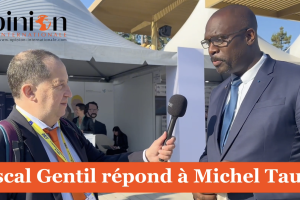
 Opinion Paris 2024
Opinion Paris 2024


